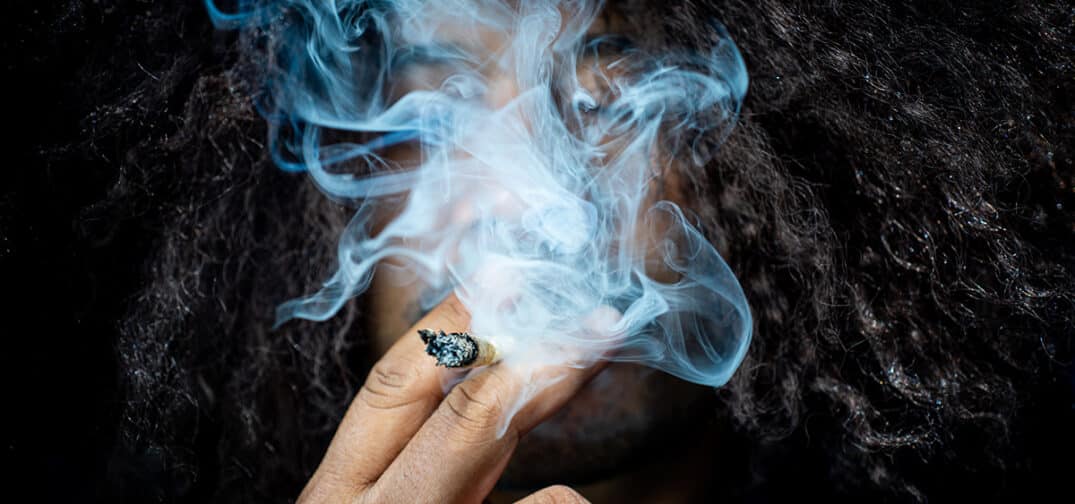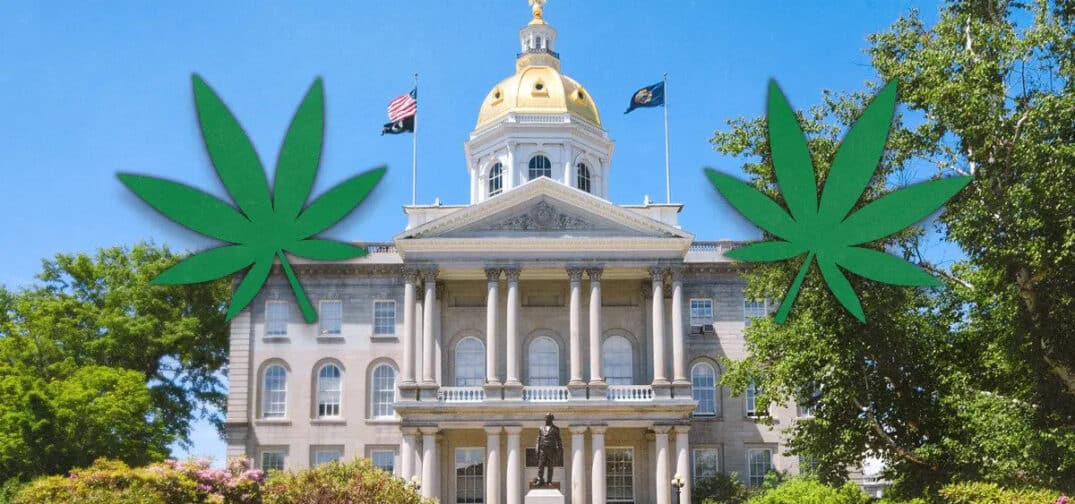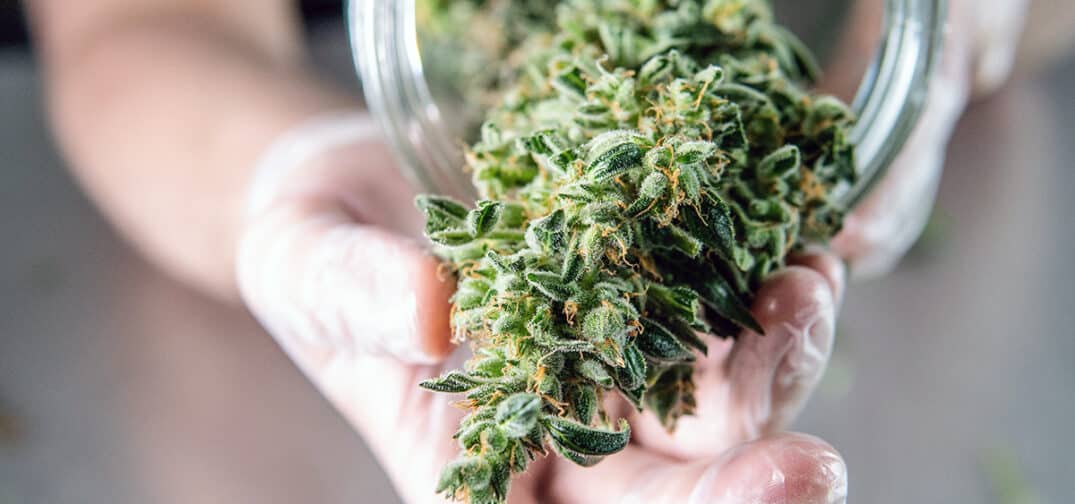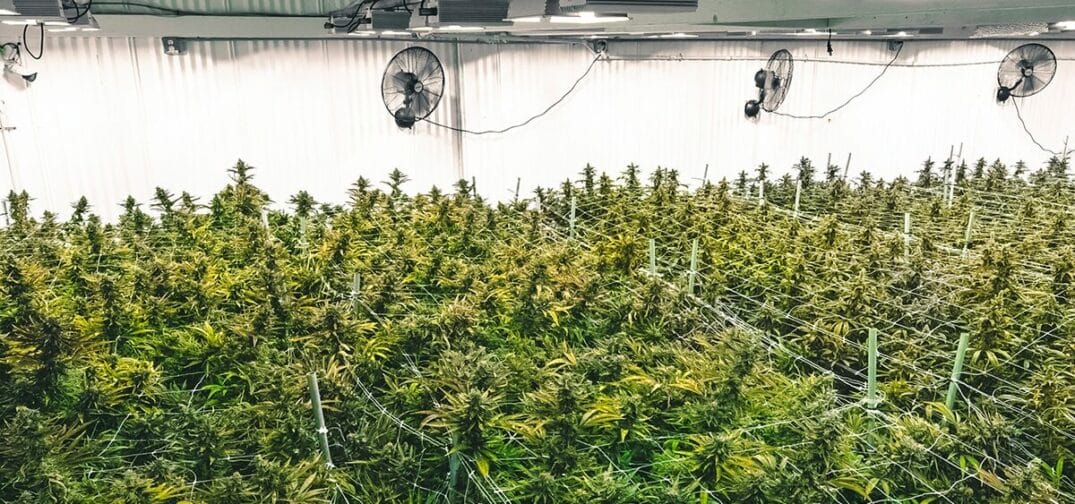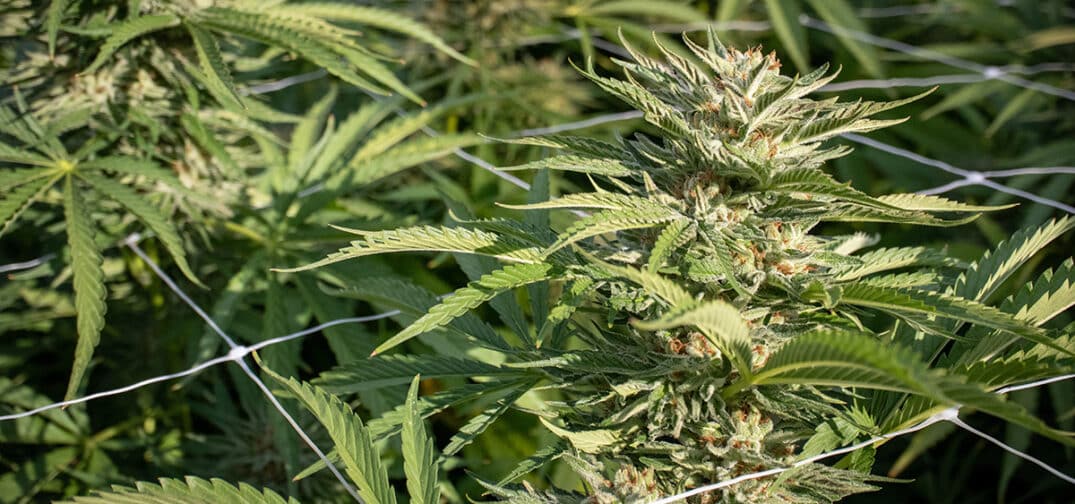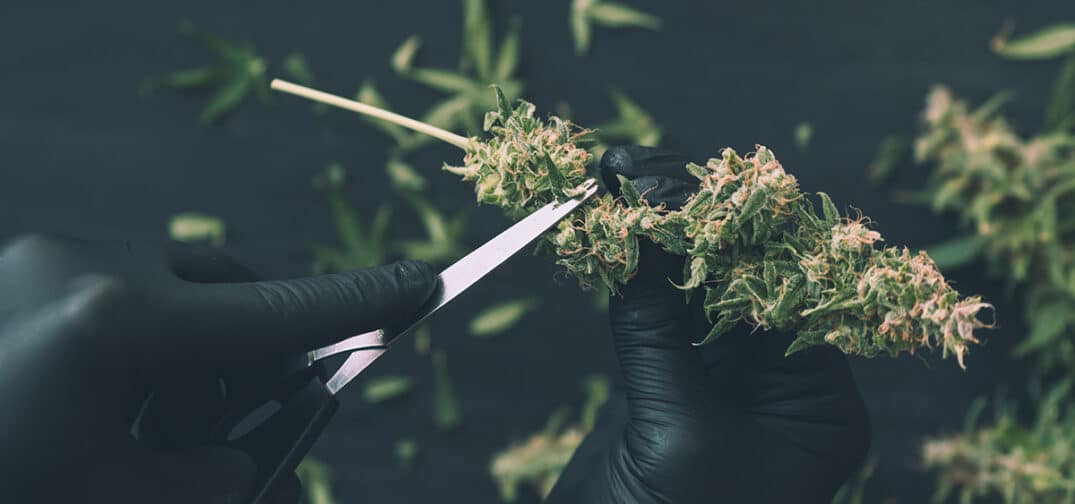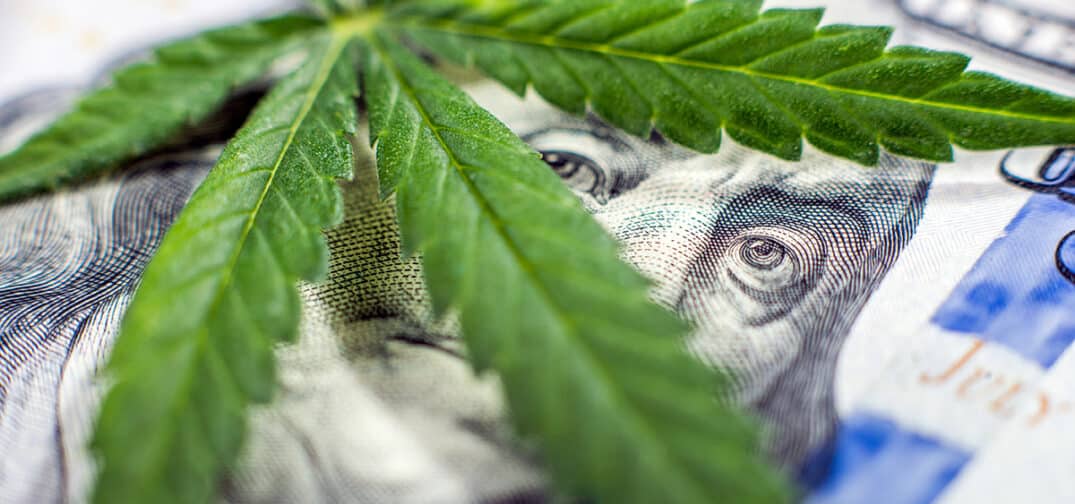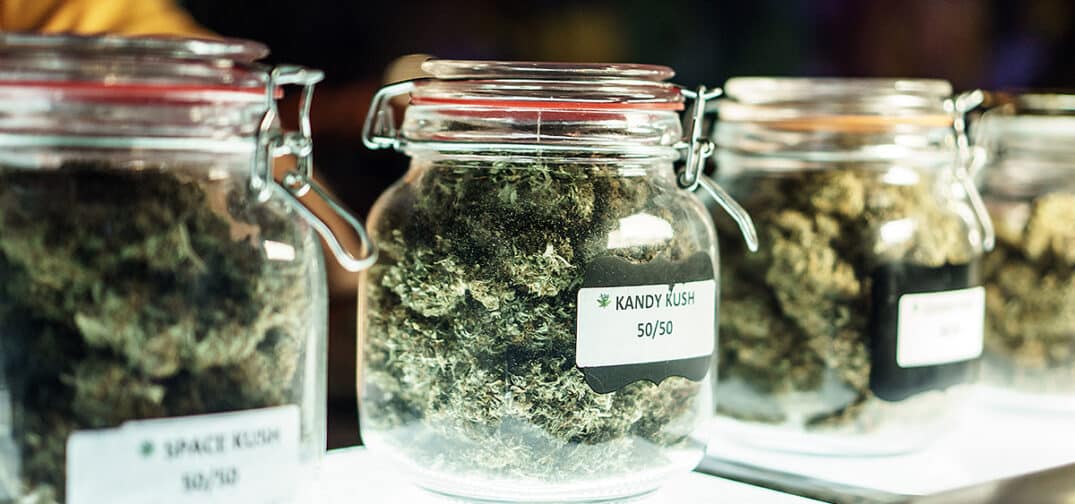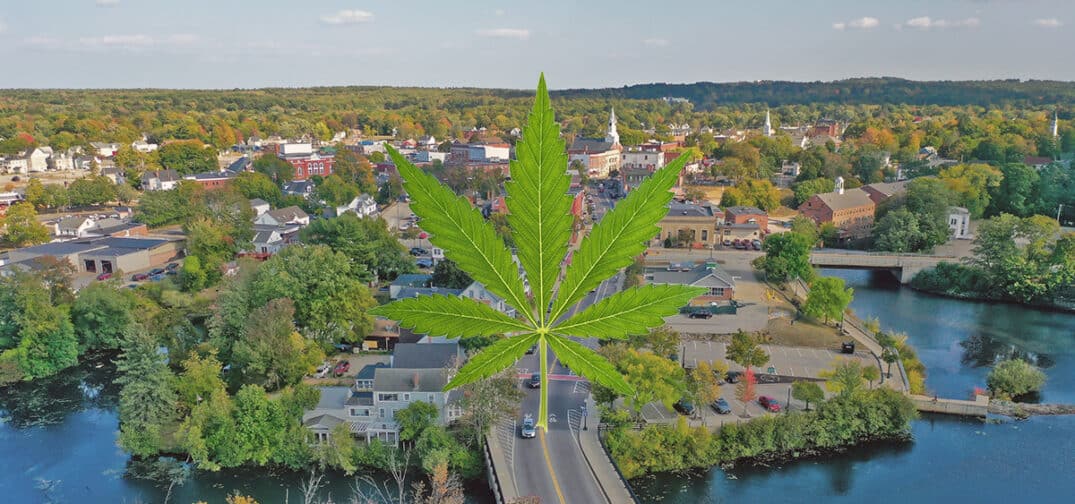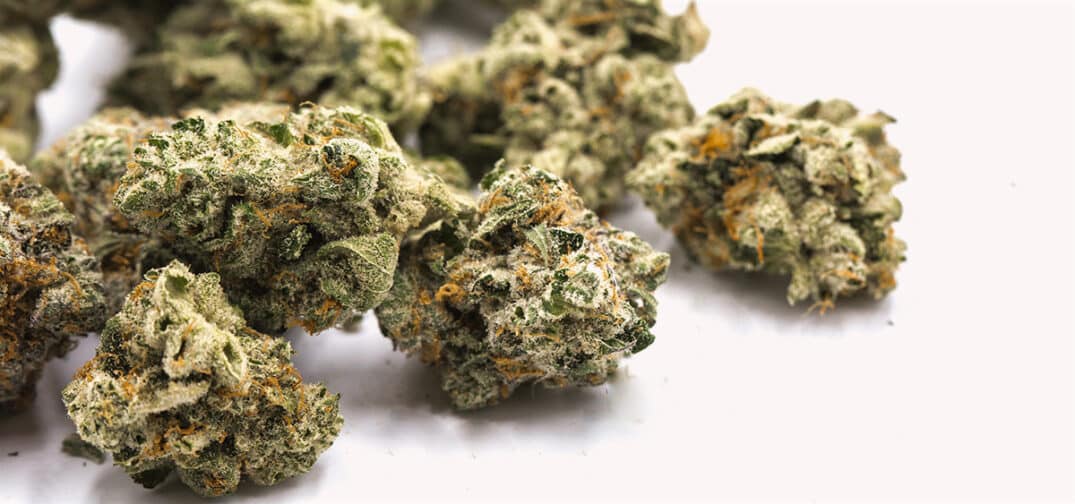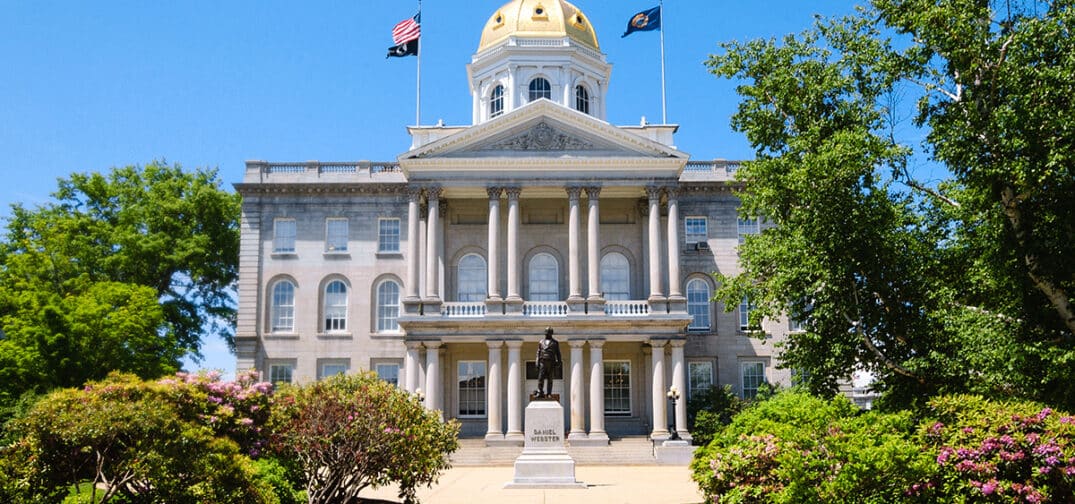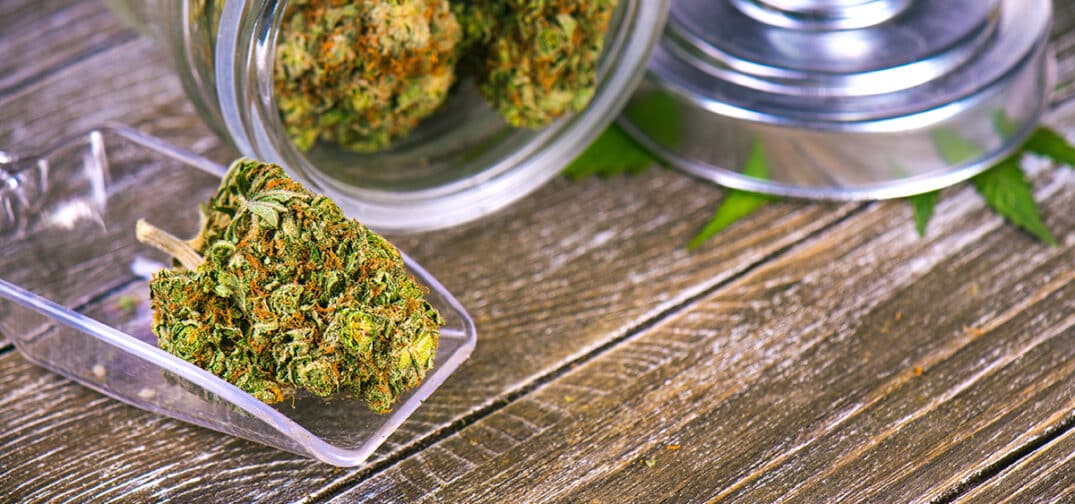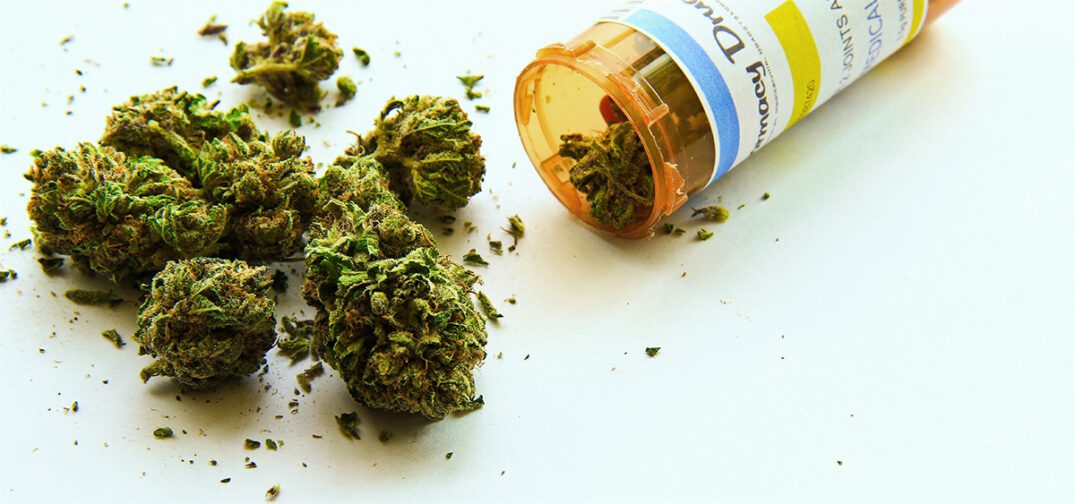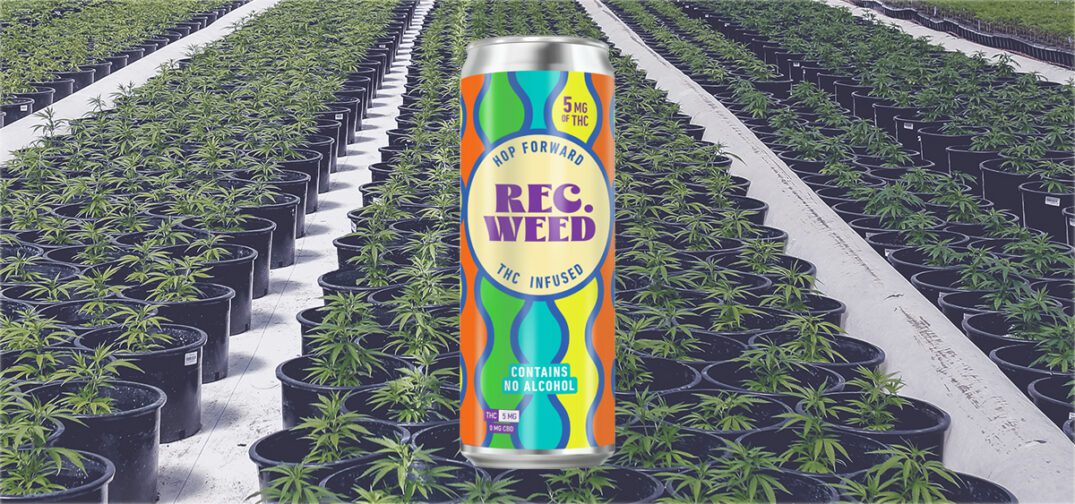Adult-use cannabis sales in Massachusetts reached $5 billion on August 31 after record-breaking monthly sales in June, July, and August, according to the state Cannabis Control Commission (CCC). Sales surpassed the $4 billion mark just eight months prior to hitting $5 billion, which the CCC said makes the period the shortest it’s taken for Massachusetts businesses to generate another $1 billion dollars in gross sales.
Cannabis sales commenced in Massachusetts in 2018. So far this year, adult-use cannabis sales have totaled more than $1 billion.
In a statement, Commission Executive Director Shawn Collins noted that the milestone comes even as Maine, Rhode Island, and Connecticut also experienced record sales over the summer.
“Demand for tested, quality cannabis products remains strong in the region, and consumers shopping in other states have not impacted Massachusetts’ success.” — Collins in a press release
The agency also noted that, to date, just five cannabis retailers in the state have surrendered or allowed their license to expire, while just 16 of all cannabis businesses have either let their license expire, surrendered their license, or had it revoked. The state currently has 317 cannabis retailers, nine delivery couriers, eight delivery operators, and one microbusiness with a delivery endorsement.
The CCC notes that it is also currently undergoing a regulatory review to implement new social equity rules and regulations. The agency has until November 9 to issue the updated program regulations.
End

